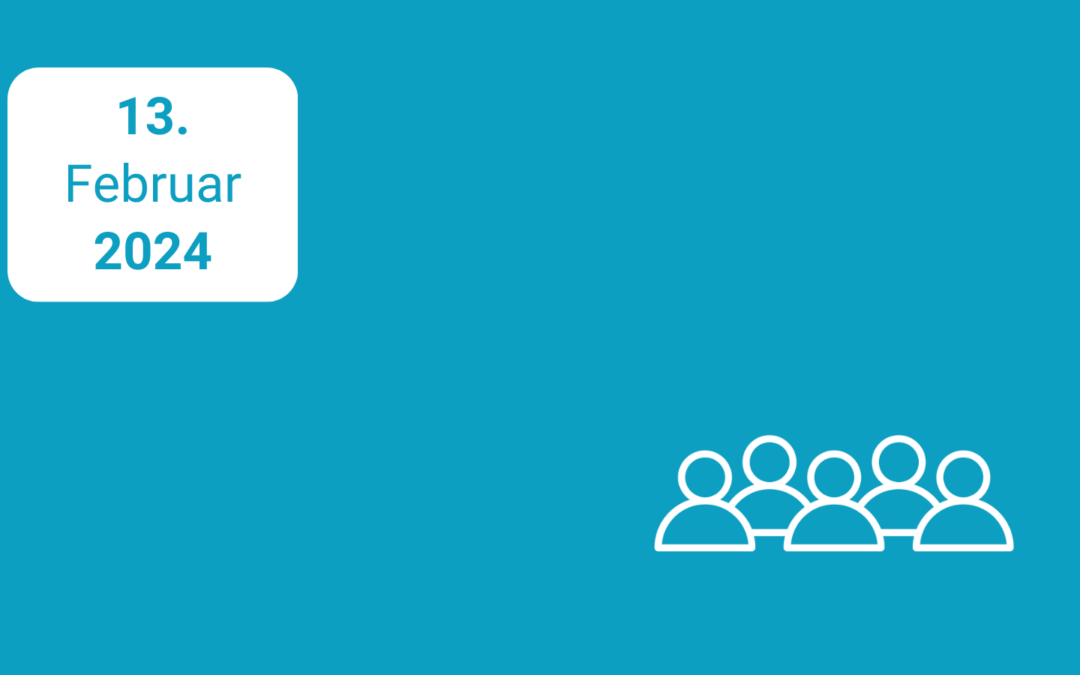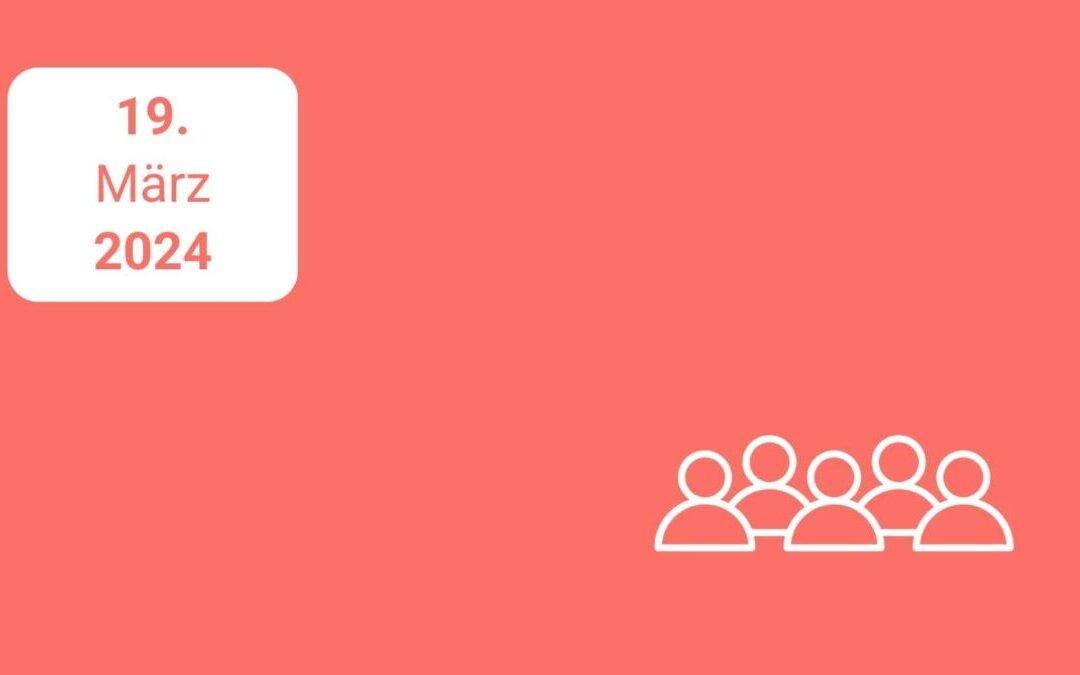
von Maurice Tietze | 6. März 2024
We are aiming to produce a joint publication in the format of a special issue in an international academic journal. Moreover, we also aim to publish a short article to the general public and the professional community of police organizations.

von Maurice Tietze | 12. Februar 2024
Our project makes a critical intervention in this debate by examining how four groups of actors – the tech and academic community, non-profit advocacy organisations, states, and corporations – have influenced how we conceptualise internet freedom and evaluating the real-world consequences of their ideas

von Maurice Tietze | 7. Februar 2024
Am CAIS werden wir ethische Fragen rund um die Internetsuche erforschen und vertiefen. Dazu stützen wir uns auf bisherige Ergebnisse der Fachgruppe Ethik der Open Search Foundation sowie auf Zwischenresultate des EU-Projekts OpenWebSearch.EU.
Suchmaschinen sind aus unserem Alltag nicht mehr wegzudenken. Die Websuche wirft jedoch zahlreiche Probleme auf, darunter einen monopolisierten Markt, mangelnde Transparenz, fehlende Privatsphäre, ethische und geopolitische Risiken. Künstliche Intelligenz verstärkt diese. Die Informationsvielfalt als Eckpfeiler der Demokratie ist gefährdet.
Am CAIS werden wir ethische Fragen rund um die Internetsuche erforschen und vertiefen. Dazu stützen wir uns auf bisherige Ergebnisse der Fachgruppe Ethik der Open Search Foundation sowie auf Zwischenresultate des EU-Projekts OpenWebSearch.EU

von Maurice Tietze | 6. Februar 2024
This workgroup, drawing on the linguistic and cultural diversity of its members, will analyze media coverage of generative AI in three different countries and three different languages: in Italian in Italy, In French in Switzerland and in English in the United States.

von Maurice Tietze | 16. Januar 2024
These three days (March 19-21) of collective work aim to bring together a diverse group of IBSA experts, ranging from representatives from civil society, academia, policymaking and survivors‘ experiences, to elaborate fresh definitions and data regarding online gender-based violence and envision more inclusive and gender-sensitive technological, political and educational solutions.




